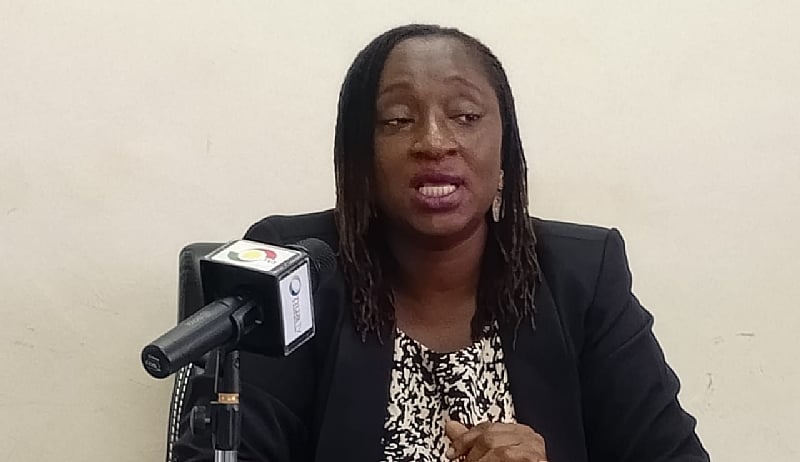The Ghana Health Service (GHS) has reported a concerning cholera outbreak in the Central Region, with 720 suspected cases and 47 confirmed instances, alongside seven fatalities recorded since October 31. The affected areas span eight out of the 22 district divisions, including Awutu Senya East and West, Gomoa East, Mfantseman, Gomoa West, Agona West, Cape Coast, and Twifo-Hemang-Lawyer Denkyira. The fatalities have occurred in the Assin North and South, and Gomoa West districts, but specific details regarding the gender of the deceased have not been disclosed. The rapid increase in cases emphasizes the critical need for immediate public health interventions and community awareness to combat the disease’s spread throughout the region.
At a press briefing, Dr. Agnes Achiama Anane, the Acting Regional Director of the GHS, stressed the preventability of these deaths. Alarmingly, four of the patients arrived at healthcare facilities in critical condition, and three were pronounced dead upon arrival. These delays in seeking medical care underline a concerning trend that needs to be addressed. Dr. Anane’s remarks draw attention to the fact that quick access to medical services can significantly decrease the severity of cholera infection, which, if left untreated, can lead to fatal outcomes. This highlight serves as a wake-up call for communities to take symptoms seriously and seek help early.
To curb further transmission of the virus, Dr. Anane has made urgent appeals for the adherence to health and hygiene protocols that became commonplace during the COVID-19 pandemic. Among the essential practices highlighted are regular hand washing, strict sanitization routines, careful handling of food and water, and personal hygiene measures. She has emphasized that such measures are pivotal in preventing further spread. This rallying cry for hygiene awareness is crucial, given the infectious nature of cholera and its potential to escalate when proper sanitary measures are not adopted by the community.
Doctor Anane also underscored the importance of vigilance in the face of the outbreak. She encouraged the general public to remain alert and responsive to the signs and symptoms of cholera, which commonly present as acute diarrhoea and dehydration. The emphasis on swift medical attention not only aids in individual recovery but also serves to protect the broader community from further outbreaks. The GHS is actively partnering with local health facilities to ensure that patients receive timely evaluations and treatment, reducing the severe impacts of cholera and associated fatalities.
The response to the outbreak extends beyond merely seeking medical assistance; it demands a collective effort from all community members. Dr. Anane called for greater individual responsibility regarding hygiene practices, waste disposal, and food safety regulations. Proper waste management and food safety can immensely reduce transmission rates of cholera and similar waterborne diseases. It underscores the necessity for residents to adopt improved practices as a means of mitigating health risks not only for themselves while also safeguarding others in their communities.
The challenge posed by the ongoing cholera outbreak highlights the broader implications for public health management in Ghana. Dr. Anane’s call to action for a united front—including stakeholders, health personnel, and the public—aims to combat the threats posed by cholera and ensure its containment. This outbreak serves as a reminder of the fragility of health systems and the ongoing need for preparedness, education, and community engagement to adequately respond to public health threats. Through concerted efforts and adherence to health practices, the hope remains that Ghana can navigate this crisis effectively and prevent further loss of life in the wake of this preventable illness.














